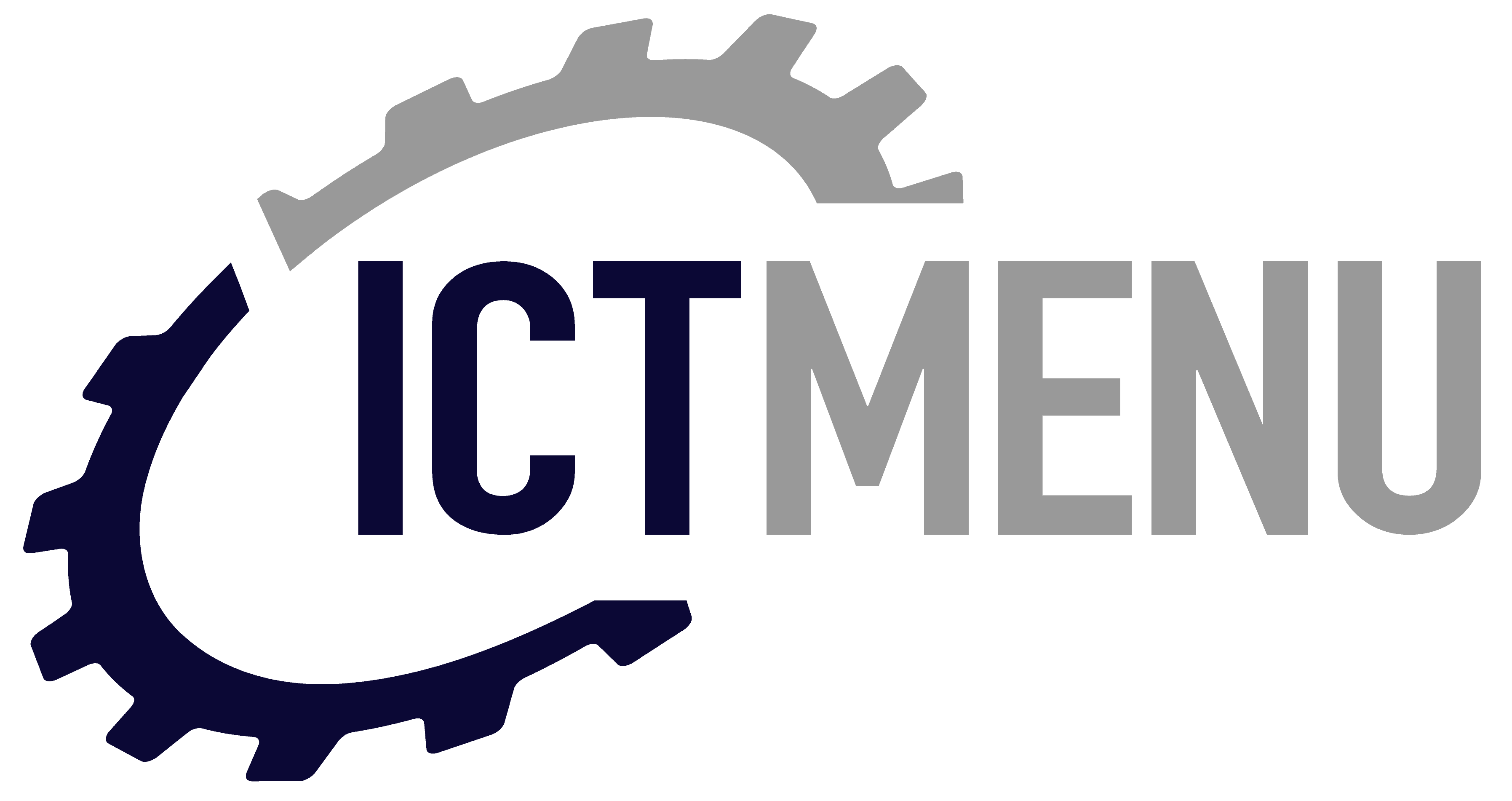Microsoft Dynamics 365 is an integrated suite of business applications that enhances your business’s efficiency. By leveraging cloud-based solutions, it enables seamless management of financials, operations, customer engagement, and more. Discover how Dynamics 365 can transform your enterprise with powerful insights, flexibility, and scalability. This article explores the key benefits and practical implementations that will elevate your business strategy.
Understanding Microsoft Dynamics 365
Microsoft Dynamics 365 offers a comprehensive solution for businesses looking to integrate both CRM and ERP functionalities. This platform combines a wealth of tools aimed at streamlining various aspects of business operations, from sales to customer service and beyond. By exploring its powerful cloud-based integration, users can connect disparate business processes, allowing for seamless data flow and improved insights. This cloud-native approach ensures businesses can access and manage their operations remotely and securely, enhancing flexibility and scalability.
With a modular structure, Microsoft Dynamics 365 offers a tailored approach to meeting diverse business needs. Clients can pick and choose the modules they require, such as sales, finance, or human resources, ensuring they only pay for what they use. This modular structure provides businesses with the ability to start small and expand their systems as their needs evolve. Furthermore, the system’s flexibility allows for industry-specific customizations, making it a versatile tool across various sectors, including retail, manufacturing, and healthcare.
Customization is one of the defining strengths of Microsoft Dynamics 365, enabling companies to adapt the platform according to their unique processes and requirements. This adaptability is critical for businesses in industries with specific operational needs, allowing them to optimize the software for maximum efficiency and benefit. The platform supports a range of integrations with third-party applications, ensuring that businesses can maintain continuity with existing tools while upgrading their core infrastructure.
Understanding these core functionalities of Microsoft Dynamics 365 empowers businesses to align their operations with modern technology trends, paving the way for more informed decision-making and strategic growth. Transitioning smoothly into the next chapter, we will delve into the numerous benefits of Microsoft Dynamics 365 and how it can transform business processes for enhanced performance and profitability.
Benefits of Microsoft Dynamics 365
Microsoft Dynamics 365 offers an array of benefits that can revolutionize your enterprise’s operations and drive growth in today’s competitive landscape. One of the primary advantages of using Microsoft Dynamics 365 is the improvement in decision-making through real-time insights. By providing comprehensive data analytics and reporting features, this platform allows businesses to access up-to-date information, facilitating informed and strategic decisions that align with organizational goals.
Additionally, Microsoft Dynamics 365 enhances productivity with its suite of automation tools. These tools streamline repetitive tasks and processes, freeing up valuable time for employees to focus on more strategic activities. This not only boosts efficiency but also contributes to a more engaged and motivated workforce.
Another crucial benefit is the enhancement of customer engagement through personalized solutions. Microsoft Dynamics 365 enables businesses to tailor their marketing, sales, and customer service efforts for each client by leveraging insights and data-driven strategies. This personalized approach helps build stronger relationships, increase customer satisfaction, and ultimately drive customer loyalty.
As you explore the potential of Microsoft Dynamics 365, you will appreciate its ability to integrate seamlessly with existing systems, making it a versatile and powerful tool for any business. The capability to customize and scale the platform according to your specific needs ensures that it can grow alongside your enterprise.
With these benefits in mind, we naturally progress to understanding how Microsoft Dynamics 365 can be specifically leveraged for enhancing customer engagement, which is integral to maintaining a competitive edge and fostering robust business growth.
Microsoft Dynamics 365 for Customer Engagement
Microsoft Dynamics 365 empowers businesses to improve customer relations by enhancing collaboration among sales and marketing teams. By leveraging this platform, organizations can create more personalized interactions and streamline communication processes, which ultimately lead to stronger customer engagement and satisfaction. The previous discussion on the benefits of Microsoft Dynamics 365 sets the stage for understanding how its applications drive efficiency in customer-focused operations.
One of the standout features of Microsoft Dynamics 365 is its ability to provide the tools needed for personalized service. Businesses can utilize its robust customer relationship management (CRM) capabilities to tailor interactions based on individual customer preferences and history, making each touchpoint meaningful and effective. This personalization contributes to a more satisfying customer journey, fostering loyalty and long-term relationships.
Another crucial aspect is the platform’s ability to analyze customer data for better insights. Microsoft Dynamics 365 enables businesses to sift through vast amounts of data, providing clear, actionable insights that help in predicting customer needs and behaviors. This leads to more informed decision-making and the creation of strategies that resonate well with the target audience.
Additionally, Microsoft Dynamics 365 facilitates the development of targeted marketing campaigns. With its advanced analytics and segmentation tools, businesses can efficiently identify the right audience segments and craft campaigns that speak directly to their needs and preferences. This targeted approach not only improves engagement rates but also optimizes resource allocation, maximizing return on investment.
As businesses optimize their customer engagement strategies through Microsoft Dynamics 365, they lay a solid foundation for seamless integration with financial management processes. The transition to implementing financial management with Dynamics 365, discussed in the next chapter, builds on these customer engagement strategies to drive comprehensive business growth and efficiency.
Implementing Financial Management with Dynamics 365
Microsoft Dynamics 365 revolutionizes financial management by offering comprehensive solutions tailored to optimize financial operations. Leveraging this advanced platform, businesses can efficiently streamline accounting, budgeting, and financial reporting processes. With its robust features, Dynamics 365 significantly improves financial transparency by providing real-time access to data across various departments, ensuring that stakeholders can make informed decisions swiftly.
A key advantage of implementing Dynamics 365 is the automation of repetitive financial tasks. By automating daily operations such as invoice processing and data entry, businesses can reduce errors, save time, and enhance productivity, allowing finance teams to focus on strategic activities rather than mundane tasks. These automated processes create a seamless workflow, minimizing the need for manual intervention and ensuring accuracy in financial records.
Additionally, Microsoft Dynamics 365 empowers organizations with powerful insights for strategic planning. The platform’s advanced analytics capabilities enable finance teams to generate detailed reports and forecasts, facilitating better decision-making. This insight-driven approach to financial management allows businesses to identify trends, manage risks effectively, and seize new opportunities for growth.
As companies continue to rely on robust financial systems like Dynamics 365, the resulting efficiencies extend beyond the finance department, influencing broader operational strategies. This seamless integration of financial management into the core business operations sets the stage for the next chapter, which explores how Dynamics 365 can drive overall operational efficiency, enhancing productivity and performance across all areas of the organization.
Driving Operational Efficiency
Microsoft Dynamics 365 swiftly merges into the landscape of operational efficiency, offering unparalleled solutions for businesses seeking to optimize their daily operations. Moving smoothly from the financial prowess discussed previously, Dynamics 365 delves into the depths of intricate business processes, bringing clarity and streamlined efficiency.
Integrating Microsoft Dynamics 365 enables businesses to simplify complex processes. This agility offers companies the power to maintain control over their supply chain management while enhancing productivity. Streamlining inventory management is another key advantage, as it affords real-time visibility into stock levels, allowing businesses to reduce overstock and minimize wastage. This direct approach improves decision-making and ensures resources are used effectively.
Dynamics 365 also plays a crucial role in optimizing workflow processes. By automating routine tasks, the platform reduces manual errors and accelerates task completion. This efficiency frees up valuable time and resources, allowing employees to focus on strategic objectives and drive business growth. Moreover, integration with existing systems ensures seamless flow of information across departments, promoting collaboration and coherence.
Enhancing resource management is yet another critical facet of Dynamics 365. The platform enables companies to efficiently allocate their workforce and assets, leading to improved resource utilization and cost savings. Intelligent insights provide businesses with the data necessary to predict resource needs and plan proactively, aligning with future demands.
As organizations strive for operational success, the capabilities of Dynamics 365 become increasingly valuable. Leading into the upcoming exploration of scalability and innovation, Microsoft Dynamics 365 not only enhances current operations but also paves the way for sustainable growth and adaptability in an ever-evolving business landscape.
Scalability and Innovation with Dynamics 365
Microsoft Dynamics 365 empowers businesses with the capacity to scale efficiently and innovate consistently. As companies strive for operational excellence, Dynamics 365 offers a robust platform that seamlessly facilitates this transition from static to dynamic processes. With its flexible architecture, it embodies the adaptability needed in today’s fast-paced market environments. Leveraging its power, businesses can quickly adapt to market changes, responding with agility to any trends or customer demands that arise.
One of the standout features of Microsoft Dynamics 365 is the ability to implement new features effortlessly. Businesses can integrate additional modules that fit their evolving needs without disrupting existing operations. This capability ensures that the system grows alongside the business, maintaining alignment with strategic goals and technological advancements.
Dynamics 365 also harnesses AI-driven insights, offering innovative tools that provide deep analysis and predictive models. These insights allow businesses to anticipate market shifts and make informed decisions grounded in real-time data. By utilizing machine learning algorithms, companies can identify opportunities for growth and streamline operations, ensuring a competitive edge.
In a world where consistency and adaptability are vital, Microsoft Dynamics 365 delivers a scalable platform that underpins long-term business growth. As part of a broader digital strategy, it supports a company’s journey towards being more responsive and innovative. The focus on scalability and innovation ensures that businesses not only survive but thrive in dynamic environments, aligning with the needs of IT professionals and tech enthusiasts seeking efficient solutions for their digital infrastructure.

